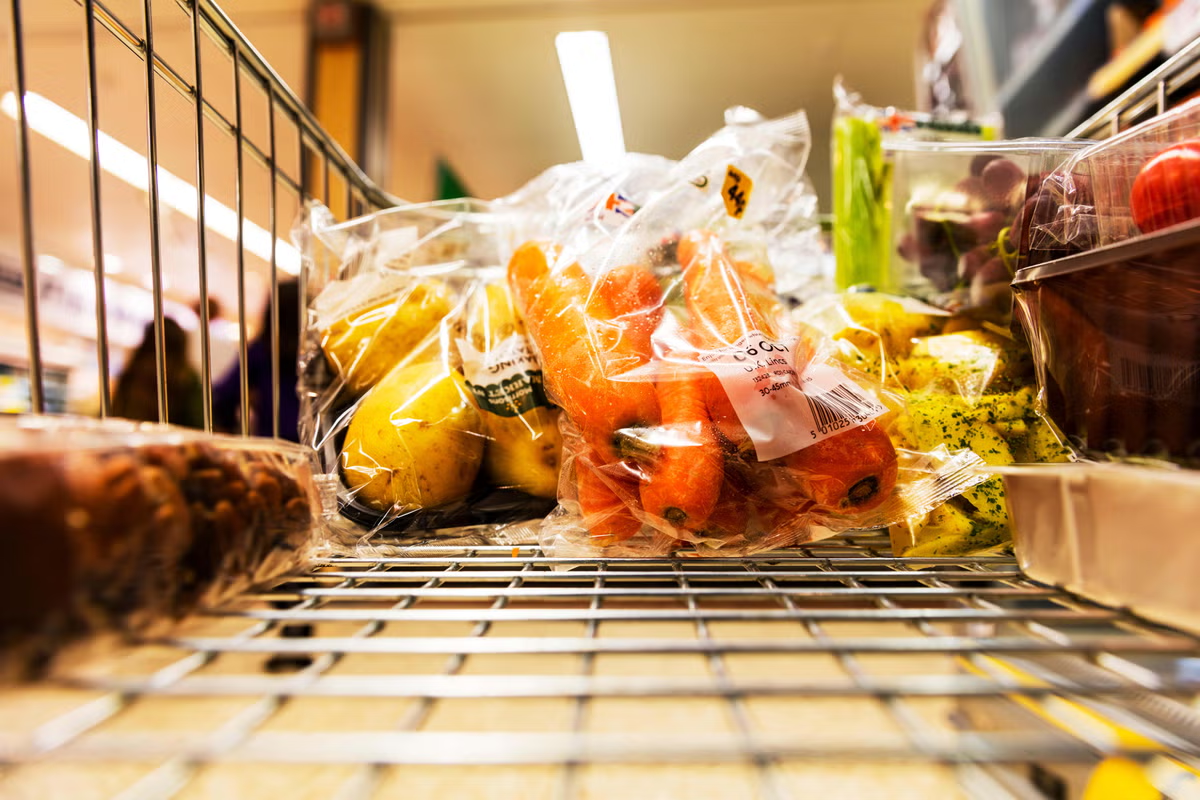Bosses at the UK's biggest supermarkets are urging the Chancellor to exempt stores from a new surcharge on business rates, warning that shoppers will be hit hardest by the higher costs.
A letter, organized by industry group British Retail Consortium (BRC) and addressed to Rachel Reeves, argues that limiting the tax burden on supermarkets would help tackle food inflation.
It has been signed by British executives and directors from Tesco, Sainsbury's, Aldi, Asda, Iceland, Lidl, Marks & Spencer, Morrisons and Waitrose.
The BRC said it is concerned that large stores could see their business rates rise if they are included in the Government's new surcharge for properties with a rateable value over £500,000.
This is expected to cover discounts for smaller businesses, which will be subject to reduced business rates under the Government's plans.
The plans will be confirmed in next month's autumn budget statement and will take effect from next April.
In the letter, supermarket bosses claim their “ability to absorb additional costs is declining”.
It says: “If the industry faces higher taxes in the next Budget – such as being included in the new business rates surcharge – our ability to deliver value to our customers will be even more challenging and it will be households that will inevitably feel the impact.
“Given the costs currently falling on the industry, including those from the latest budget, high food inflation is likely to persist until 2026.
“This is not something we would want to be prolonged with any measure in the Budget.
“Big box retailers make up a small proportion of all shops but account for a third of the total retail business rates bill, meaning another significant rise could push food inflation even higher.”
The letter concludes by calling on Ms Reeves to “address the disproportionate tax burden on retail”, which she said would “send a strong signal of support for the industry and of the Government's commitment to tackling food inflation”.
Helen Dickinson, chief executive of the BRC, said: “Supermarkets are doing everything they can to keep food prices affordable, but it is an uphill battle, with more than £7 billion in additional costs in 2025 alone.
“From increased national insurance contributions to new taxes on packaging, the financial pressure on the industry is immense.”
Treasury has been contacted for comment.









